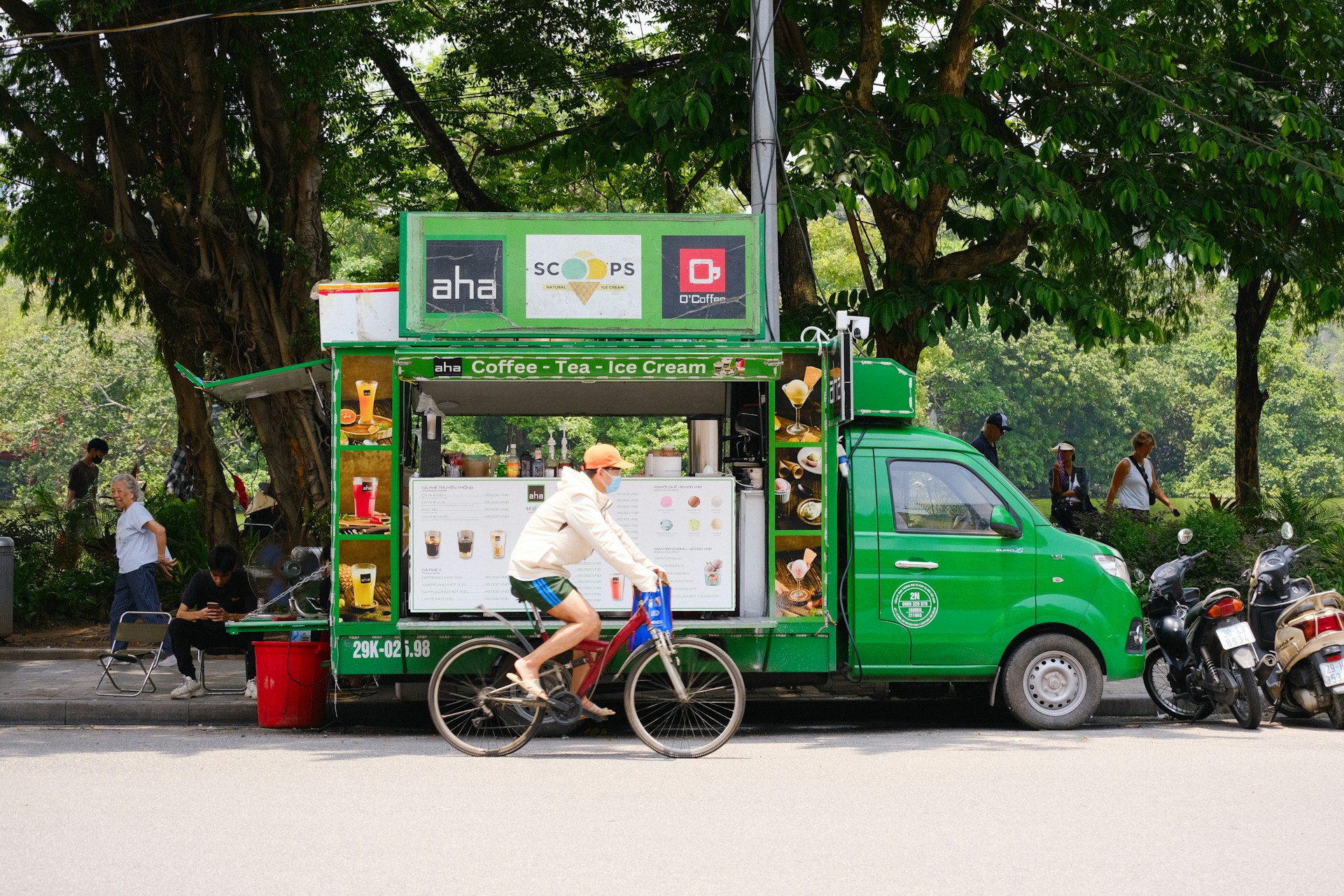For food trucks, adopting a sustainable approach is essential to reduce their environmental footprint while meeting a growing demand for responsible consumption. Choosing durable equipment, ecological packaging and local sourcing helps decrease waste and emissions while strengthening the food truck’s image among customers.
- Choose durable, energy-efficient equipment: Invest in kitchen equipment designed to be energy-efficient and made with sustainable materials. Low-consumption appliances and electric or hybrid vehicles reduce emissions and long-term costs.
- Adopt ecological and compostable packaging: Favor packaging made from biodegradable or compostable materials such as cardboard, bamboo or corn starch. Avoid single-use plastics and encourage customers to bring their own containers or use reusable deposit systems.
- Prioritize local and responsible sourcing: Select local suppliers who adhere to sustainable agricultural practices and support short supply chains. By reducing the transport distance of ingredients, you reduce your carbon footprint and support the local economy.
- Manage and reduce waste effectively: Implement a waste sorting and composting system to reduce what goes to landfill. Design your menus to minimize food waste, for example by using seasonal products and adjusting portions.
By adopting these practices, a food truck can become an eco-friendly actor that meets customer expectations and actively contributes to environmental protection. Sustainable choices reinforce the credibility of the business and attract a clientele concerned about its impact. Get started today to build a greener future.



